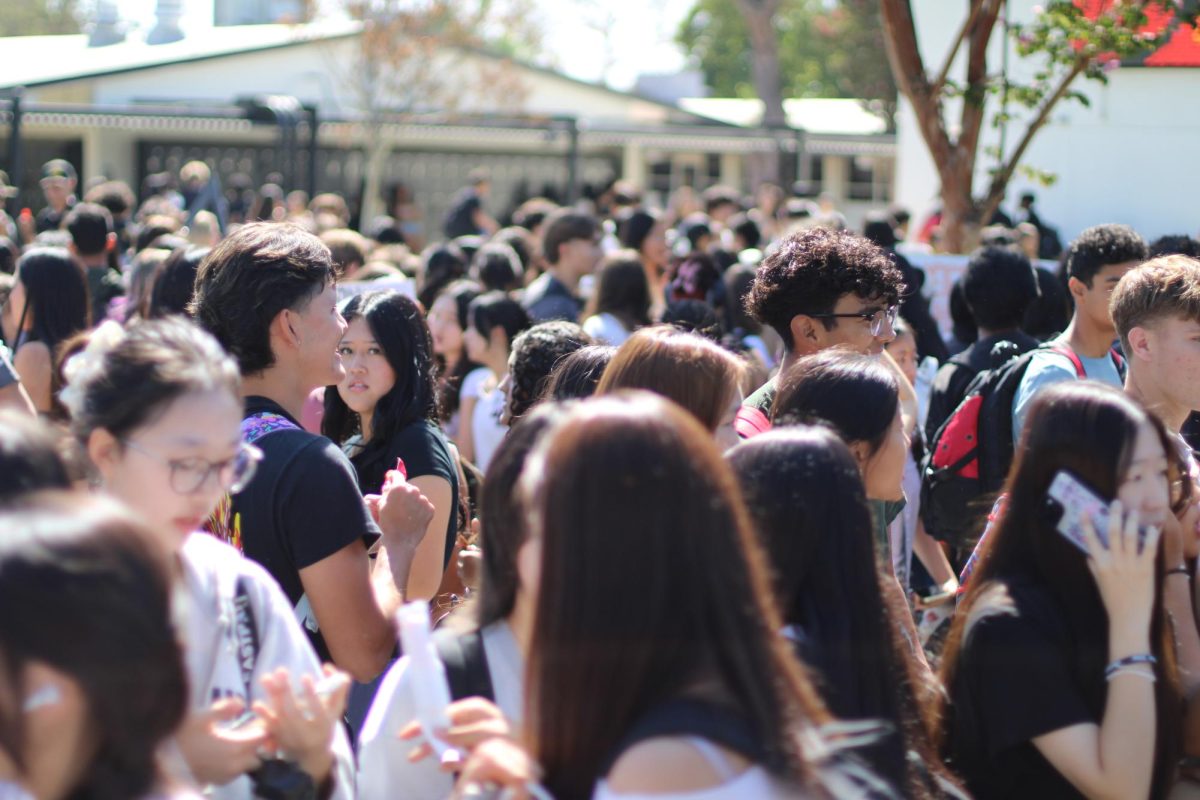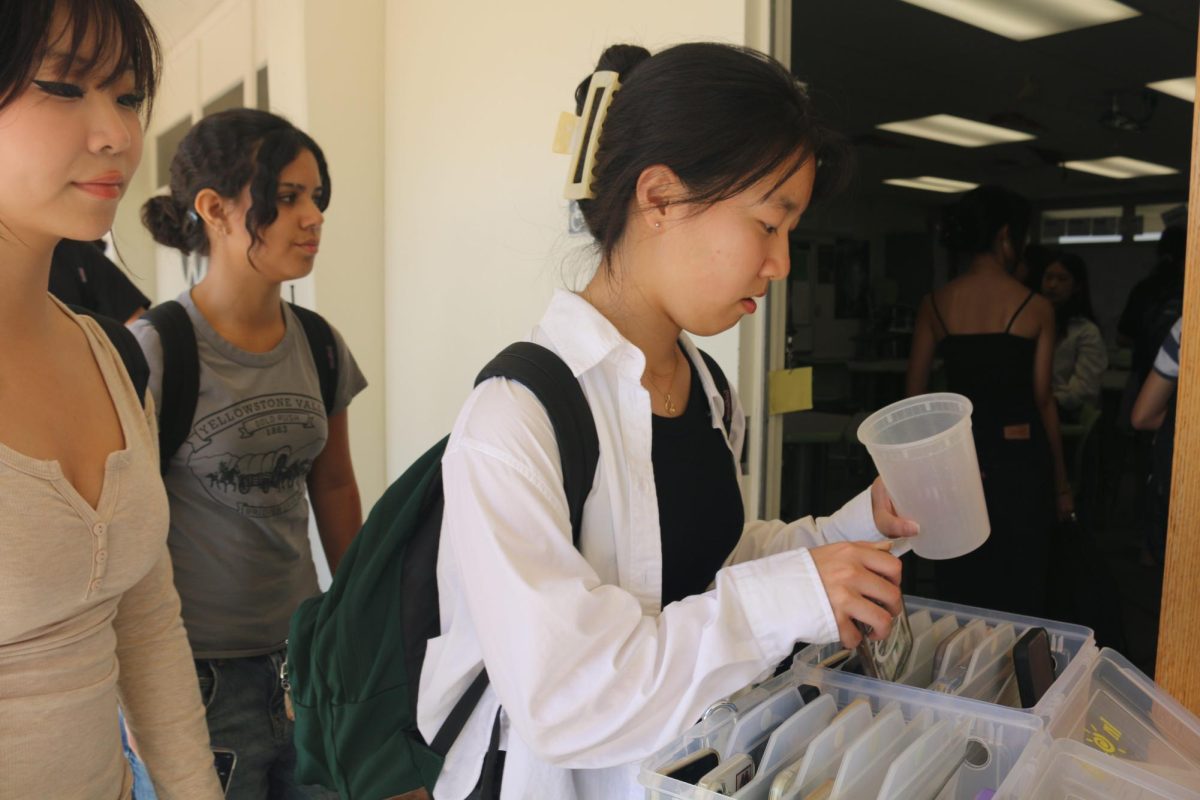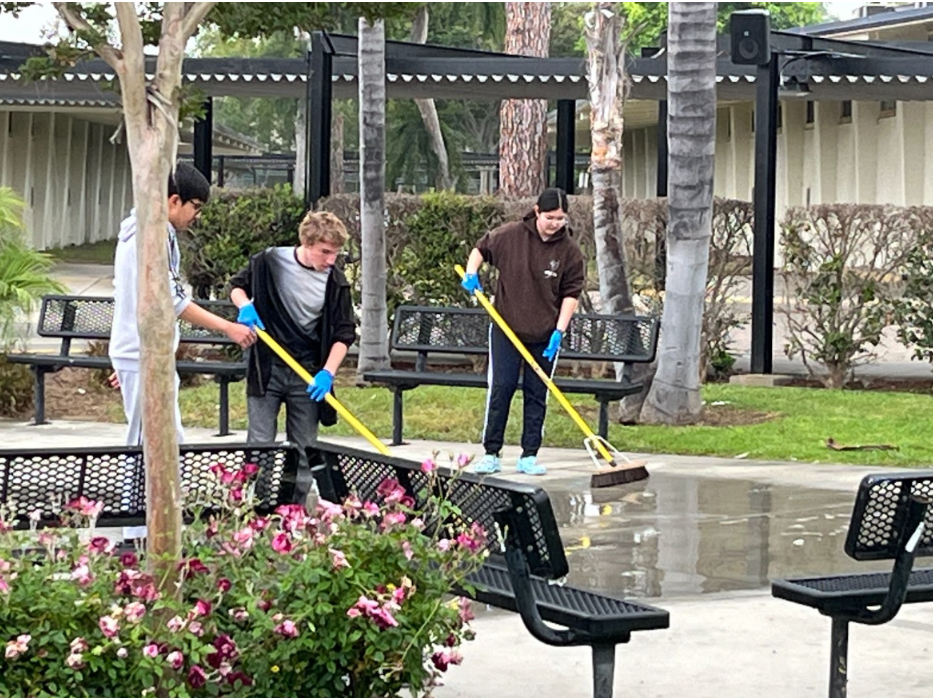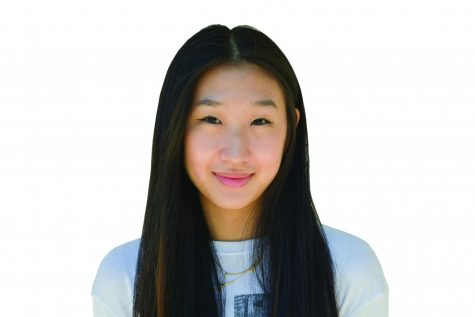A Sunny Hills sophomore who was named a finalist in a Chapman University Holocaust writing contest is still awaiting word from organizers for the date of a virtual awards ceremony to find out whether he placed first or second.
“I was disappointed that the awards ceremony was canceled, [but] I am glad that at least everyone is safe,” Aayush Sachdev said of March 13’s 21st Annual Holocaust Art and Writing Contest, which was canceled in response to the spread of the novel coronavirus pandemic.
Sachdev was among four other students scheduled to join their English teacher, Christina Zubko, at the awards ceremony at Chapman University in Orange before contest coordinators from Chapman’s Rodgers Center for Holocaust Education sent an email dated March 10 about the cancellation.
“We make this decision with a heavy heart, knowing how many students and educators, as well as Holocaust survivors, look forward to this event each year,” wrote Marilyn Harran, director of the Rodgers Center for Holocaust Education. “We will now turn our energies to developing an alternate means of announcing this year’s winning entries in art, film, prose and poetry, and we will be in touch soon with more news about that. Even as I write this, our speaker, child survivor of Auschwitz, Paula Lebovics, is taping her message.”
Another email from contest coordinators earlier this month mentioned about an upcoming virtual ceremony, but no specific date was given.
The writing aspect of the contest is an assignment that honors English teachers Tommy Li and Christina Zubko have had their English 2 Honors students complete for a grade. Each middle or high school campus is allowed to submit three entries, and this year the three all came from Zubko’s students.
Besides Sachdev, sophomores Maiya Dinh and Mary-Grace Rovira also had their essays submitted.
Sachdev wrote his 500-word essay titled, “Coal,” based on Holocaust survivor Henry Kress’ video testimony.
“The world has turned 77 times since Kress fought the coal’s dust. But in my world, Kress is my essential energy, and I need to demonstrate how his memory matters. The old coal’s dust carries the bigotry of past generations, but it is finally time to brush it all away,” the sophomore wrote in the conclusion to his contest entry.
Such detail in Sachdev’s essay makes him think it contributed most in leading to his being named a finalist, he said.
“I think the judges enjoyed how descriptive my essay was,” Sachdev said. “Having descriptions helped to emphasize the feelings of Henry Kress, the [Holocaust] survivor, during that time.”
Zubko has had two first-place winners — once in 2016 and once in 2018 — in the years that she has had her students work on the Holocaust writing contest assignment.
“[I was] disappointed [about the cancellation], but it was the right decision,” the teacher said. “We must protect the elderly, especially now during this pandemic.”
In the past, students entering the contest and attending the awards ceremony would have the opportunity to not only meet Holocaust survivors in person, but to also receive a goodie bag containing books related to the Holocaust and a certificate of participation.
“I was really bummed that the event got canceled because the winners didn’t get a chance to be recognized,” said Dinh, who had planned to attend the March 13 event. “But [I understand] because I didn’t want to put the few Holocaust survivors that were attending in any danger.”
Rovira was also among Zubko’s students scheduled to go on the field trip to Chapman University that day.
“There were a lot of people whose essays were extraordinarily written and probably deserved my spot more than me,” Rovira said. “It sucks to have the ceremony be canceled [because] there are not many survivors left, but we’re in uncertain waters right now with this virus.”
Meanwhile, the Sunny Hills finalist has had other things to worry about than whether he placed in the top two spots — the winner would have read the essay out loud in front of the audience. Also in the past, first-place winners earned $400 and an all-expense paid hotel stay in a Los Angeles hotel in the summer to visit such places as the Los Angeles Museum of the Holocaust, the Museum of Tolerance and the Japanese American National Museum in Little Tokyo.
“Right now I am mostly worried about making sure that my family nor I get infected by the virus and staying at home to prevent the spread,” Sachdev said. “I’m also a little worried about AP [Advanced Placement] testing,”



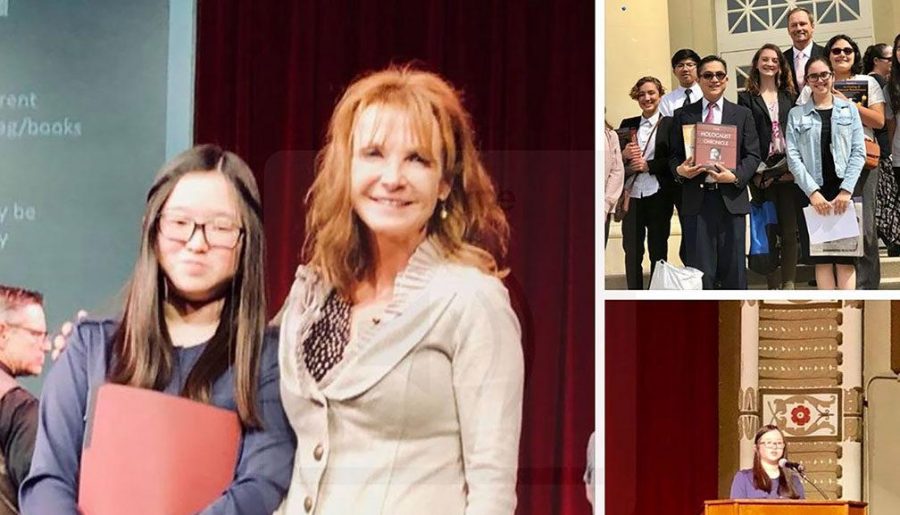
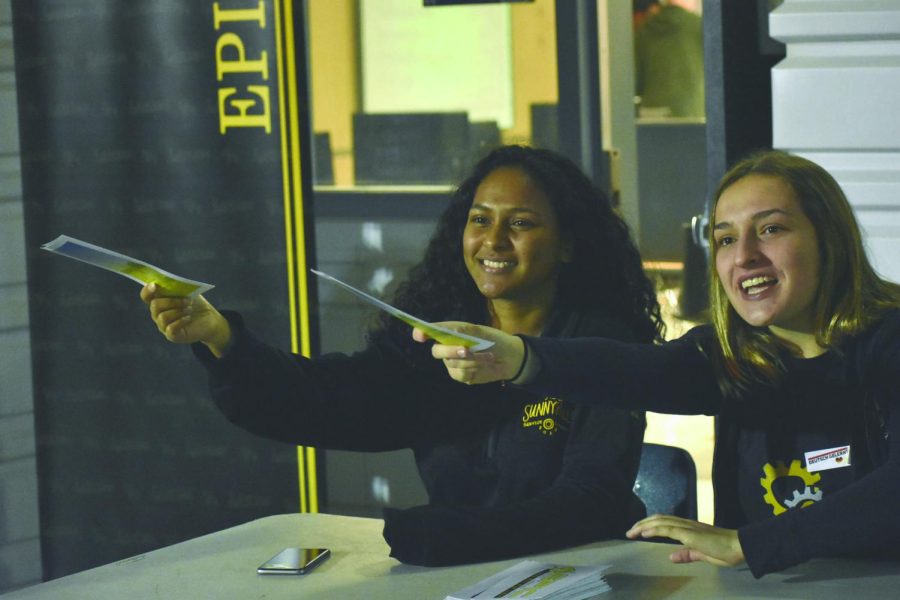
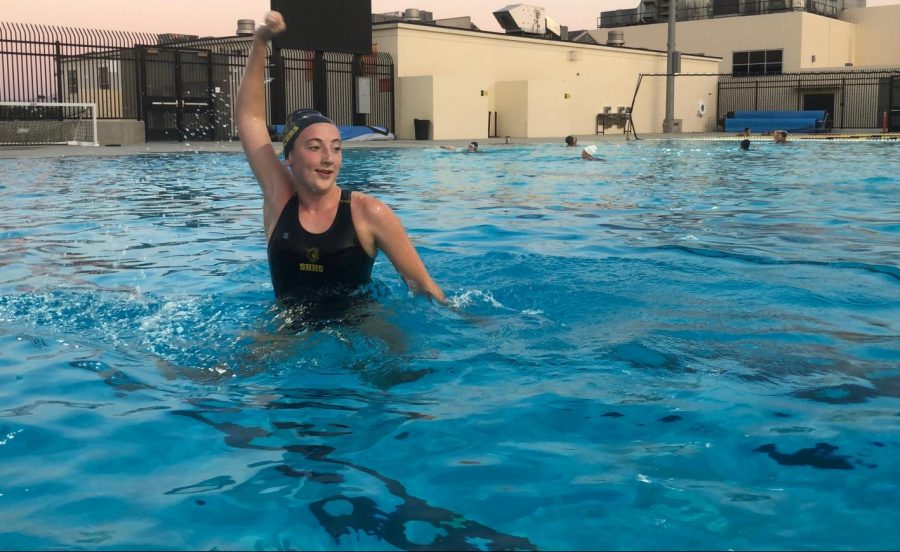
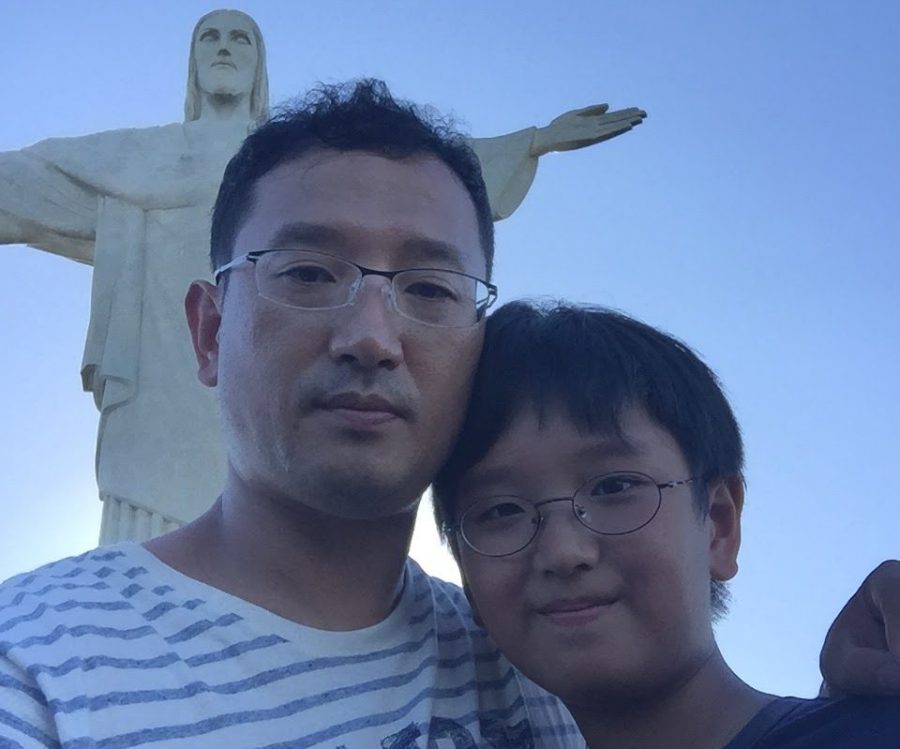
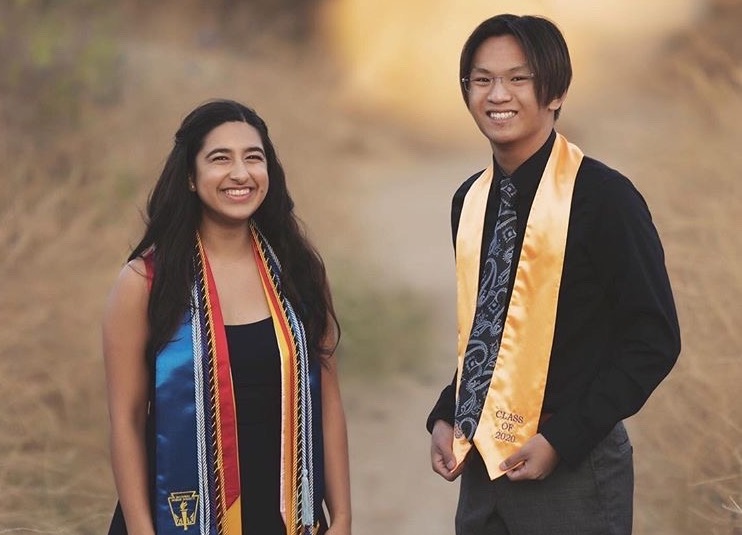
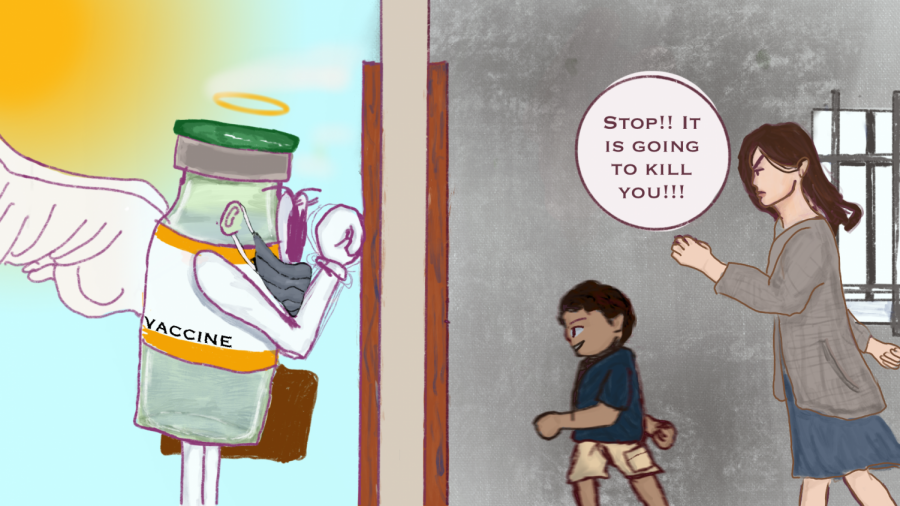
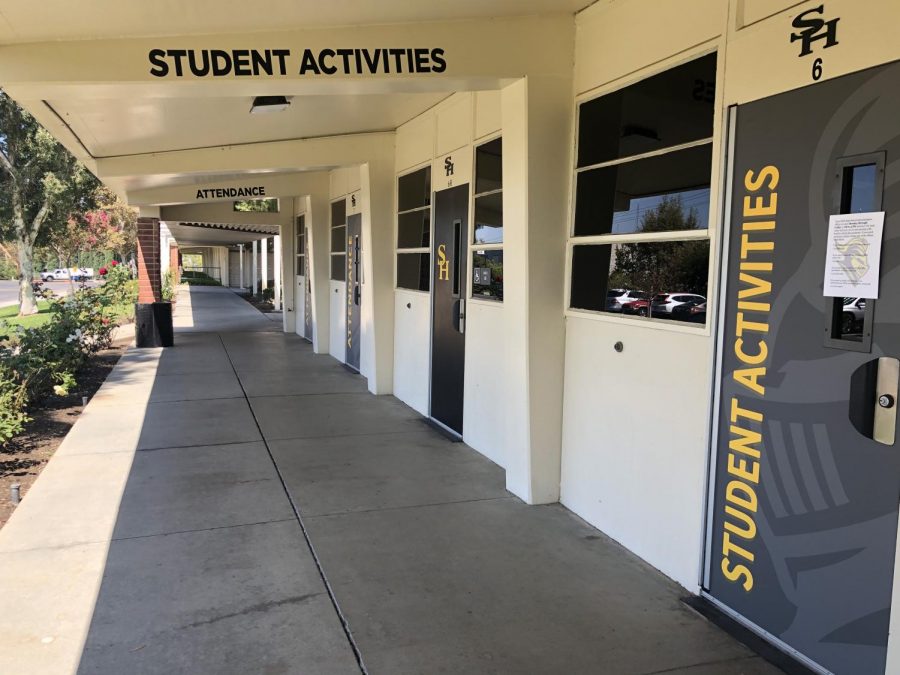
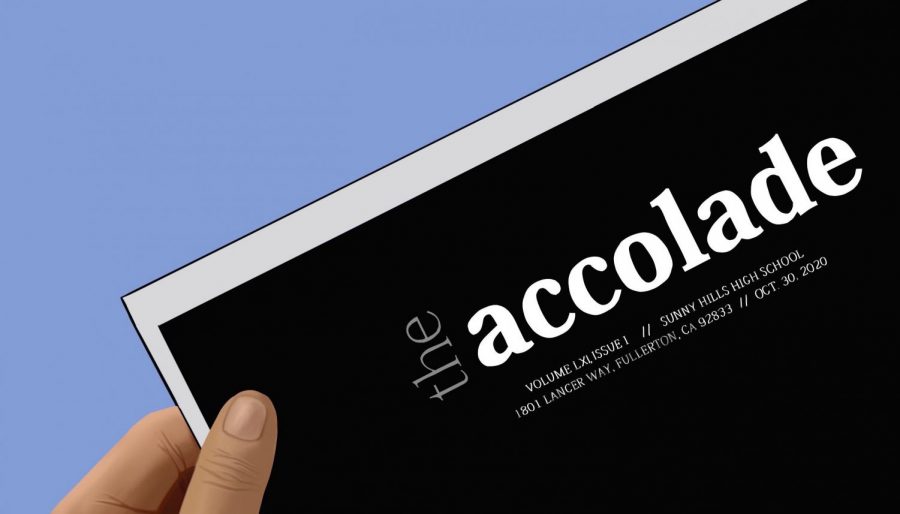
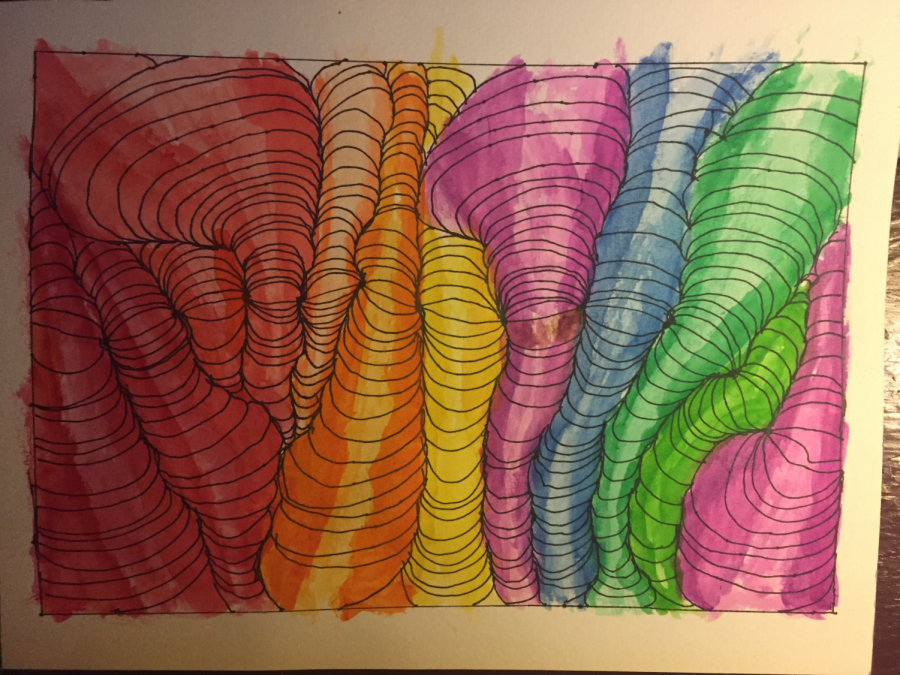
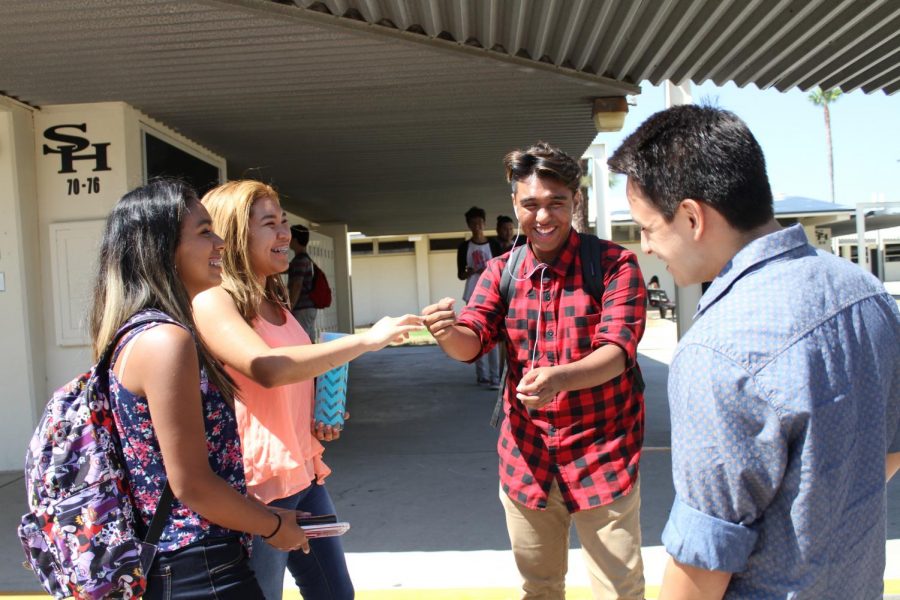
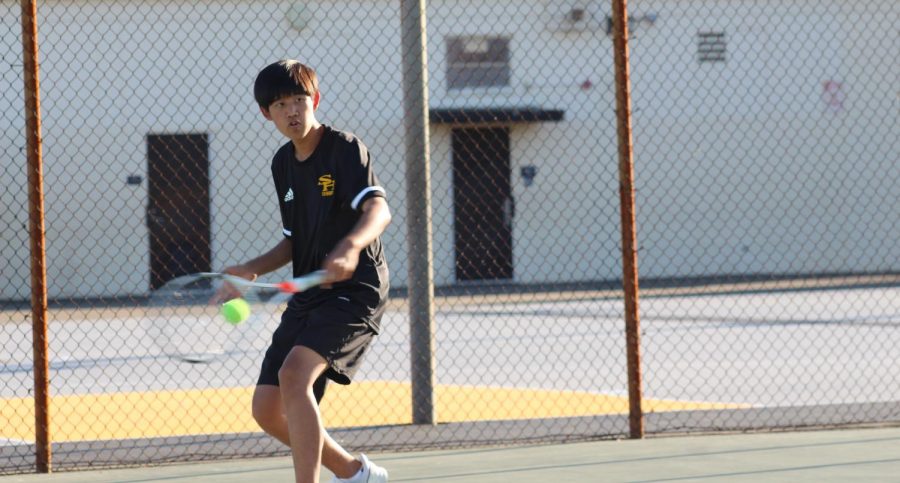


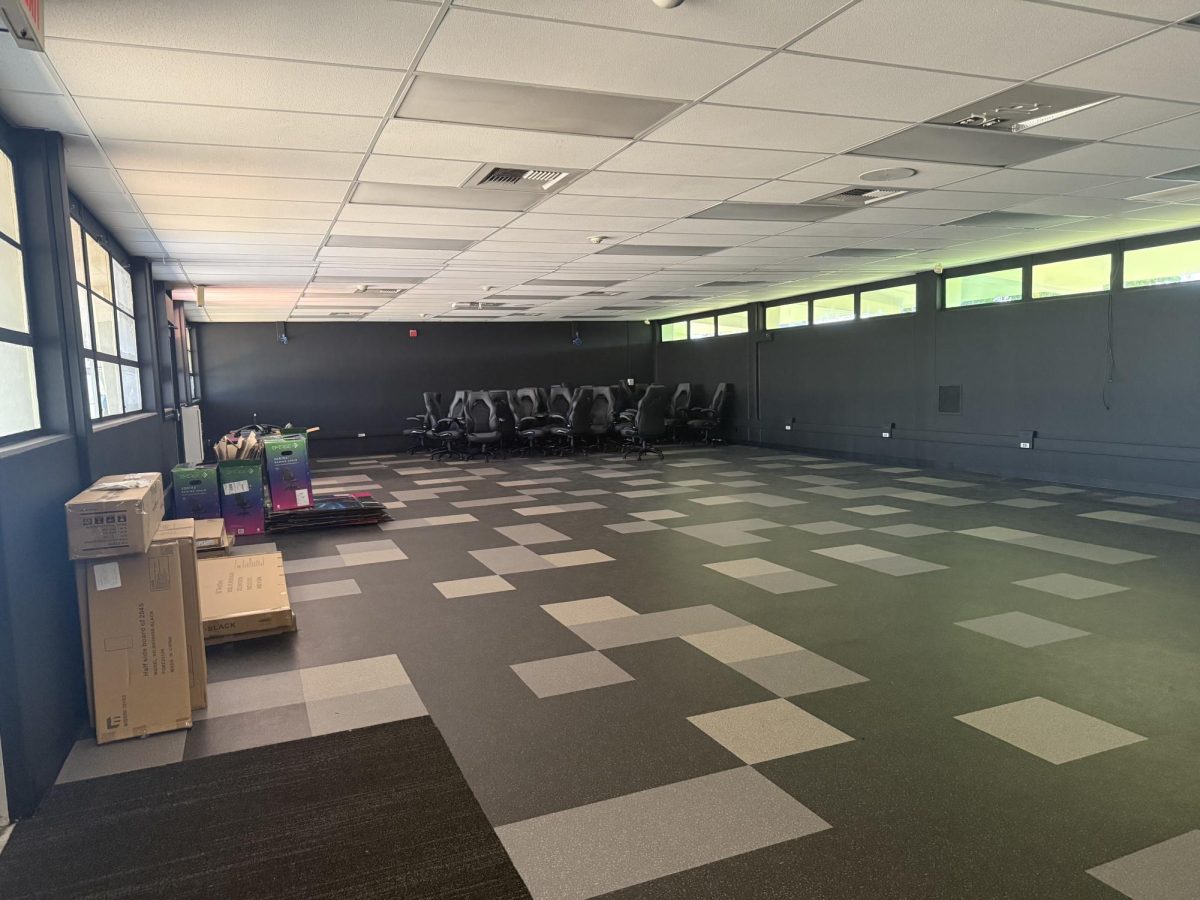
![Students and staff across the Fullerton Joint Union High School District [FJUHSD] received emails promoting a part time job offer with pay. The messages were set from compromised FJUHSD accounts.](https://shhsaccolade.com/wp-content/uploads/2025/09/image1-2-1200x527.png)
